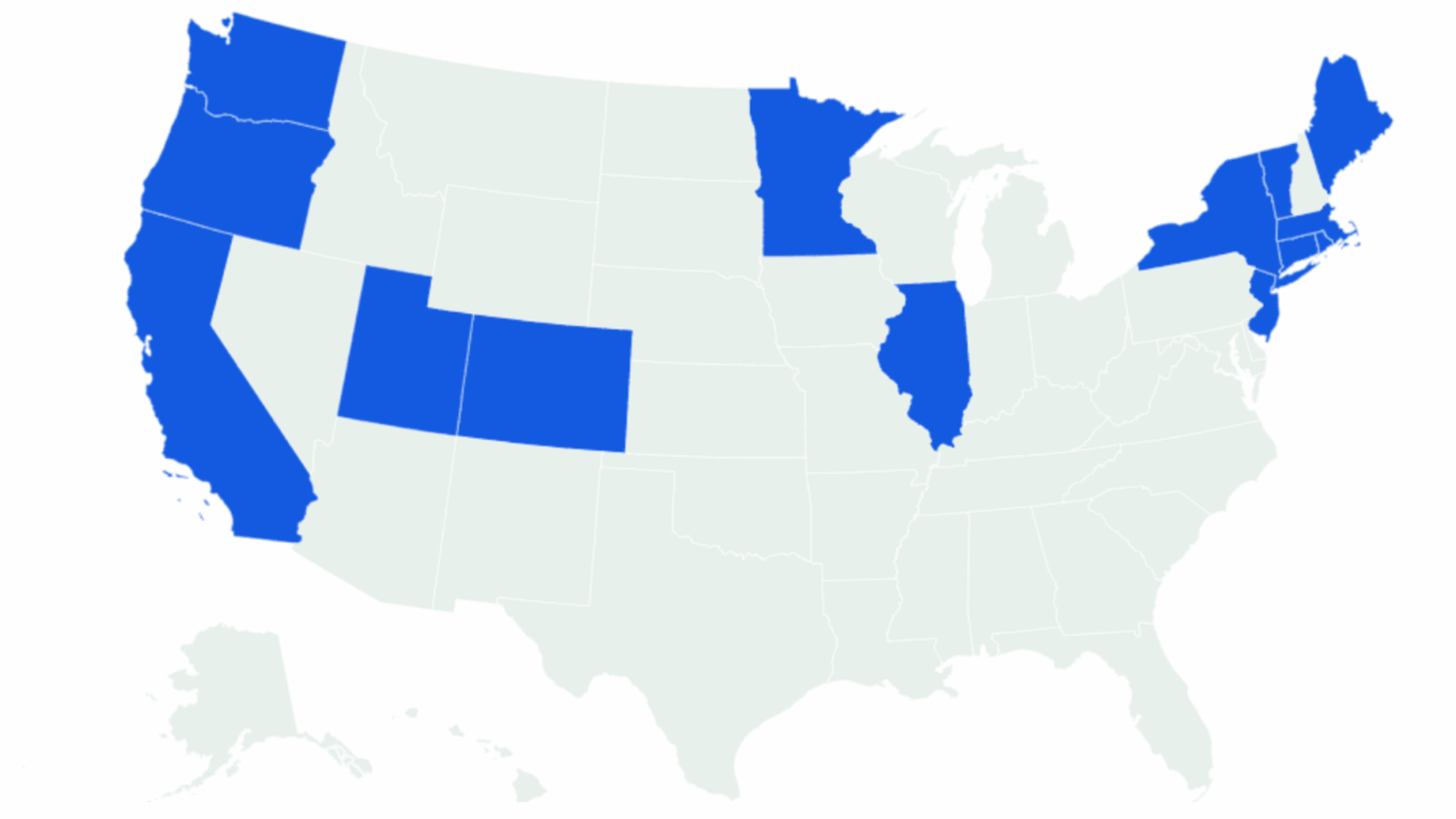Reimagining Healthcare Policy: The Impact of the Proposed “Big Beautiful Bill”
As part of President Donald Trump’s recent budget proposals, the so-called “Big Beautiful Bill” aims to impose new restrictions on healthcare coverage for undocumented immigrants in the United States. Specifically, it targets 14 states that currently extend health benefits to undocumented residents, challenging the existing framework of inclusive healthcare policies.
Under this legislation, these states would see a reduction in federal Medicaid matching funds for the Affordable Care Act (ACA) expansion from 90% to 80%. This change would significantly increase the financial burden on states, compelling them to allocate more resources to maintain coverage for vulnerable populations.
Understanding the Significance of the Proposed Changes
In the current landscape, undocumented immigrants are generally ineligible for federal benefits, including Medicaid. However, a handful of states have chosen to provide various levels of healthcare services to these populations, citing public health benefits and social equity. These efforts aim to prevent the spread of communicable diseases, reduce long-term healthcare costs, and uphold moral obligations to marginalized groups.
Opponents of such policies argue that expanding healthcare access to undocumented individuals strains state budgets and may inadvertently encourage illegal immigration. They contend that resources should prioritize citizens and legal residents, emphasizing fiscal responsibility and immigration enforcement.
States Leading the Charge in Healthcare for Undocumented Residents
Currently, 14 states and the District of Columbia offer some form of health coverage to undocumented immigrants. These include California, New York, Illinois, Washington, New Jersey, Oregon, Massachusetts, Minnesota, Colorado, Connecticut, Utah, Rhode Island, Maine, and Vermont. Each state has its own criteria and scope of coverage, reflecting diverse policy approaches.
For example, California, Minnesota, Massachusetts, Maine, Colorado, and Oregon provide comprehensive health insurance to adults regardless of immigration status. Meanwhile, Illinois and New York focus their programs on seniors over 65, and New Jersey extends coverage to children under 19. Connecticut offers services to teenagers under 15, with recent proposals aiming to expand eligibility to undocumented individuals aged 26 and older, as well as seniors over 65.
In Utah, emergency medical services are available to undocumented residents, along with some coverage for minors. Rhode Island extends health benefits to pregnant women and children in undocumented communities, emphasizing maternal and child health.
Should the federal government reduce Medicaid matching funds, states will be compelled to shoulder increased costs. For instance, California could face an additional $30 billion in expenses, while Vermont’s increase might be around $300 million, according to recent estimates by the Kaiser Family Foundation (KFF).
Some states, such as Illinois and Utah, have trigger clauses that could automatically halt Medicaid expansion if federal funding diminishes. Predictions suggest that by 2034, approximately 78,000 residents in Utah and up to 840,000 in Illinois could lose their healthcare coverage due to these policy shifts.
In response, Illinois Governor JB Pritzker has proposed phasing out programs that provide health coverage to undocumented immigrants as part of his 2025 budget plan. Similarly, California’s Governor Gavin Newsom announced plans to freeze health coverage for undocumented residents to help address a projected $12 billion state deficit.
If these policies are enacted, over 1.9 million individuals could lose access to vital healthcare services, highlighting the profound impact of federal-state funding dynamics on vulnerable populations.
Reactions from Political Leaders and Healthcare Advocates
Dr. Mehmet Oz, Director of Medicare and Medicaid Services, expressed concerns on Fox News’s Sunday Morning Futures: “We must prioritize protecting our most vulnerable Americans. However, sustainability is key. We need a system that works for everyone.”
He emphasized the importance of shared responsibility: “It’s a collective effort. We must reform the system to eliminate wasteful spending, such as unnecessary costs for illegal immigrants’ healthcare claims. Why should taxpayers in Mississippi, Texas, or Florida bear the burden for services provided in California?”
California Senator Scott Wiener reaffirmed the state’s commitment to universal healthcare: “California has made a clear choice to ensure healthcare access for all residents, including undocumented individuals. We refuse to rely solely on emergency room care as a primary health solution.”
Utah Representative Jim Dunnigan voiced concern over federal funding cuts: “We simply cannot afford to see our Medicaid expansion funds reduced, either financially or policy-wise. It would undermine our efforts to provide comprehensive care.”
Next Steps and Legislative Developments
The “Big, Beautiful Bill” recently passed the House narrowly and is now headed to the Senate for further debate. Its future remains uncertain, but its implications for healthcare policy and immigrant communities are profound. The coming weeks will determine whether the legislation advances or faces significant opposition, shaping the future of healthcare access for millions of Americans.

